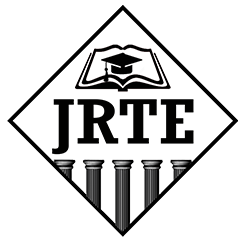Downloads
Sri Lanka’s energy sector is undergoing a critical transformation as the nation aims to achieve carbon neutrality and enhance energy security amid growing demand and resource constraints. This paper explores the country’s energy transition from conventional fossil-based systems toward renewable and sustainable alternatives. It assesses the current energy mix, government policies, and strategic frameworks such as the National Energy Policy and the Renewable Energy Master Plan. The study identifies barriers including high dependency on imported fuels, financial and infrastructural limitations, and policy implementation gaps. It also highlights the potential of solar, wind, biomass, and hydropower as primary drivers of sustainable energy development. The research further evaluates the role of decentralized power systems, smart grids, and public-private partnerships in accelerating the transition. Recommendations emphasize policy coherence, technological innovation, and capacity building to achieve an inclusive and resilient energy future. Overall, the paper underscores the urgency of aligning national development goals with sustainable energy practices to ensure long-term environmental and economic stability in Sri Lanka.
Written by JRTE
ISSN
2714-1837
Archives
| M | T | W | T | F | S | S |
|---|---|---|---|---|---|---|
| 1 | 2 | 3 | 4 | 5 | ||
| 6 | 7 | 8 | 9 | 10 | 11 | 12 |
| 13 | 14 | 15 | 16 | 17 | 18 | 19 |
| 20 | 21 | 22 | 23 | 24 | 25 | 26 |
| 27 | 28 | 29 | 30 | 31 | ||
Our Visitors






 Users Today : 13
Users Today : 13 Total Users : 47083
Total Users : 47083 Views Today : 17
Views Today : 17 Total views : 110861
Total views : 110861 Who's Online : 0
Who's Online : 0 Your IP Address : 216.73.216.101
Your IP Address : 216.73.216.101

